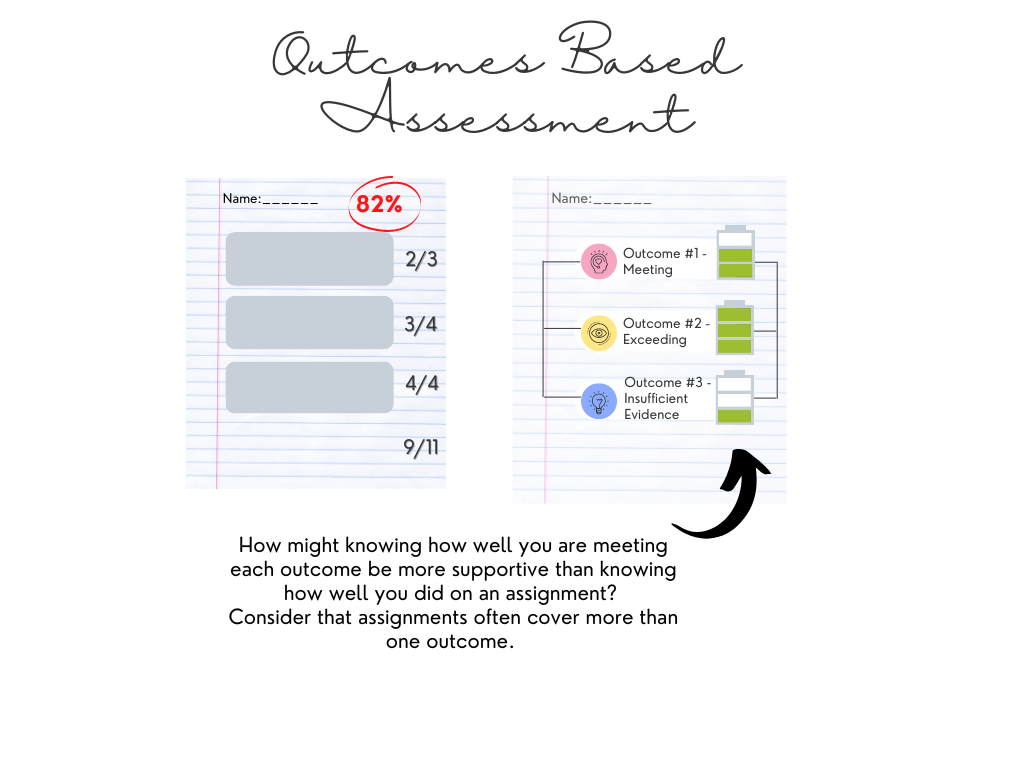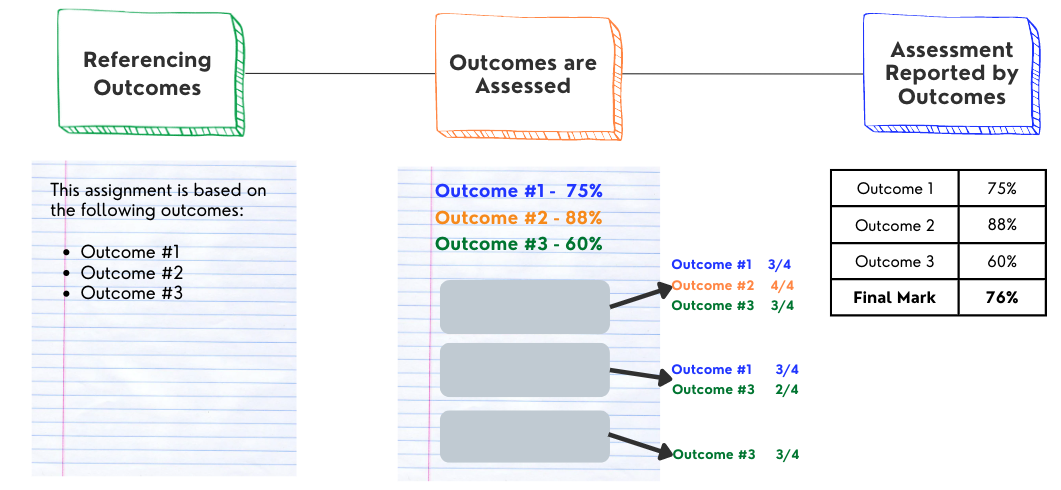How Canvas supports learning through Reflection and Growth
This is the fourth post in a series about how you can use Canvas to integrate the eight Learning Technology Ecosystem Principles. You can find more about these principles here, but in this post, we’ll be looking at the third principle.
3. Designed for Reflection and Growth: Learning is refined and extended through prompted and supported opportunities to focus on understanding and next steps.
Reflection and Growth
Reflection is integral to the learning process. Giving students the opportunity to reflect allows them to consider how what they have learned fits in with what they already know. This active process helps students construct meaning and retain knowledge. Students grow as learners when instructors describe and share learning criteria and performance indicators with them.
How Canvas supports learning through Reflection and Growth
A rubric is an assessment tool used for communicating expectations of quality and can help students understand how they can get better at what they are learning. In Canvas, rubrics can be associated with assignments, discussions and quizzes and can be used to assess online assignment submissions in SpeedGrader. Outcomes created in Canvas can be added to rubrics and also used to track mastery in a course. When students have rubrics to work with they can easily reflect on their work and identify their strengths and weaknesses and specific areas for improvement.
Quizzes in Canvas assess student’s learning and allow them to grow as learners, particularly when the quizzes are designed to give immediate feedback and can be attempted multiple times. When quizzes are attempted multiple times questions can be shuffled if a question bank is used to create the quiz questions, and the answers can be shuffled within questions so that students get a different quiz to try.
Canvas assignment settings can be adjusted to allow students to resubmit their assignments multiple times, allowing them to work through instructor comments and peer reviews ensuring that their work reflects their growth and understanding of the subject.
References


